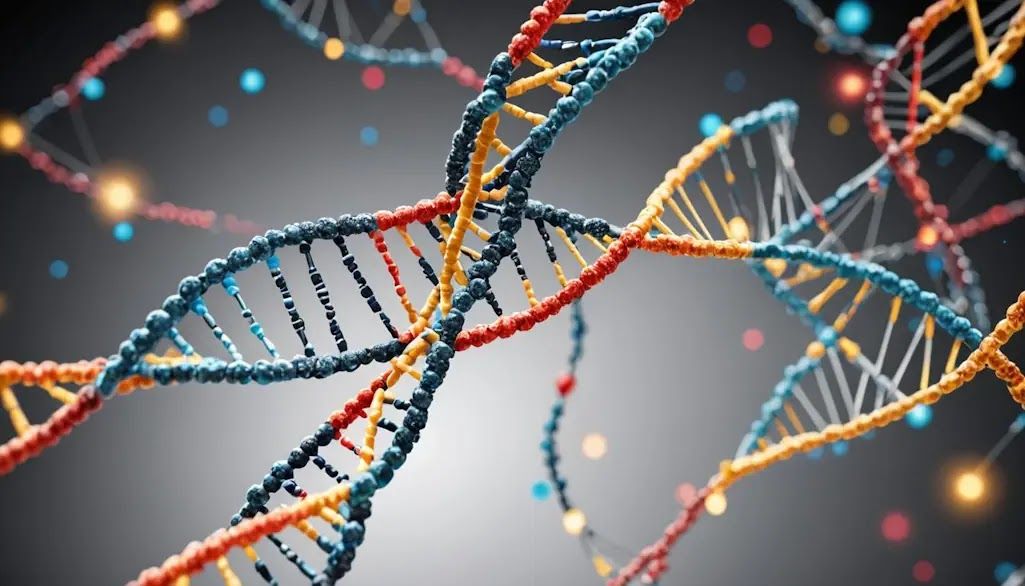
NIH Develops GeneAgent: New AI Tool Promises Breakthroughs in Disease Research and Drug Discovery
Jul 29, 2025 |
👀 105 views |
💬 0 comments
Researchers at the U.S. National Institutes of Health (NIH) have developed a groundbreaking AI tool that significantly boosts the accuracy of genetic analysis, potentially unlocking new pathways to treat complex diseases like cancer, Alzheimer's, and autoimmune disorders.
The new tool, named GeneAgent, was unveiled in a paper published yesterday, July 28, 2025. It leverages the power of large language models (LLMs)—the same technology behind popular AI like ChatGPT—to bring unprecedented precision to a crucial research technique known as gene set analysis.
Gene set analysis is a fundamental method used by scientists to understand the biological meaning behind long lists of genes, such as those found to be active in a tumour. Traditionally, researchers compare their list against pre-defined gene sets associated with known biological pathways. However, this process can be noisy and often misses subtle but critical connections.
GeneAgent revolutionizes this process. Instead of relying on rigid, pre-defined categories, the AI tool dynamically analyzes the functions of individual genes within a list and identifies the overarching biological processes at play with much higher accuracy. It essentially acts as an expert biologist with the ability to scan and comprehend vast databases of genetic information in seconds.
"What GeneAgent does is cut through the noise," explained Dr. Anya Sharma, the lead author of the study and a principal investigator at the National Human Genome Research Institute (NHGRI), part of the NIH. "Previous methods might tell you that a set of genes is broadly related to 'cell growth.' GeneAgent can specify that they are involved in 'uncontrolled vascular proliferation specific to tumour angiogenesis.' That level of detail is a game-changer for identifying precise targets for new drugs."
In validation tests detailed in the publication, GeneAgent consistently outperformed existing state-of-the-art methods. When analyzing datasets from various cancer types, the AI tool successfully identified previously overlooked biological pathways that are now considered promising targets for therapeutic intervention.
The implications are immediate and far-reaching. By providing a clearer, more accurate picture of the genetic machinery driving a disease, GeneAgent can:
Accelerate Drug Discovery: Pinpoint the most promising molecular targets for new medicines, saving years of research and development.
Enhance Personalized Medicine: Help doctors understand the unique genetic drivers of a patient's illness, leading to more tailored treatment plans.
Repurpose Existing Drugs: Identify new uses for approved drugs by revealing their effects on newly discovered disease pathways.
This development demonstrates the rapidly growing role of AI as a collaborative partner in scientific discovery. "We are moving beyond using AI as a simple data-sorting tool," commented Dr. Eric Green, Director of the NHGRI. "GeneAgent is an example of AI as a true research catalyst, augmenting human intelligence and allowing our scientists to ask questions we previously couldn't even formulate."
The NIH has made the GeneAgent model accessible to the broader research community, hoping to spur a new wave of discoveries across all fields of medicine. As labs around the world begin to apply this powerful new tool, the path from genetic data to life-saving cures may have just gotten significantly shorter.
🧠 Related Posts
💬 Leave a Comment
